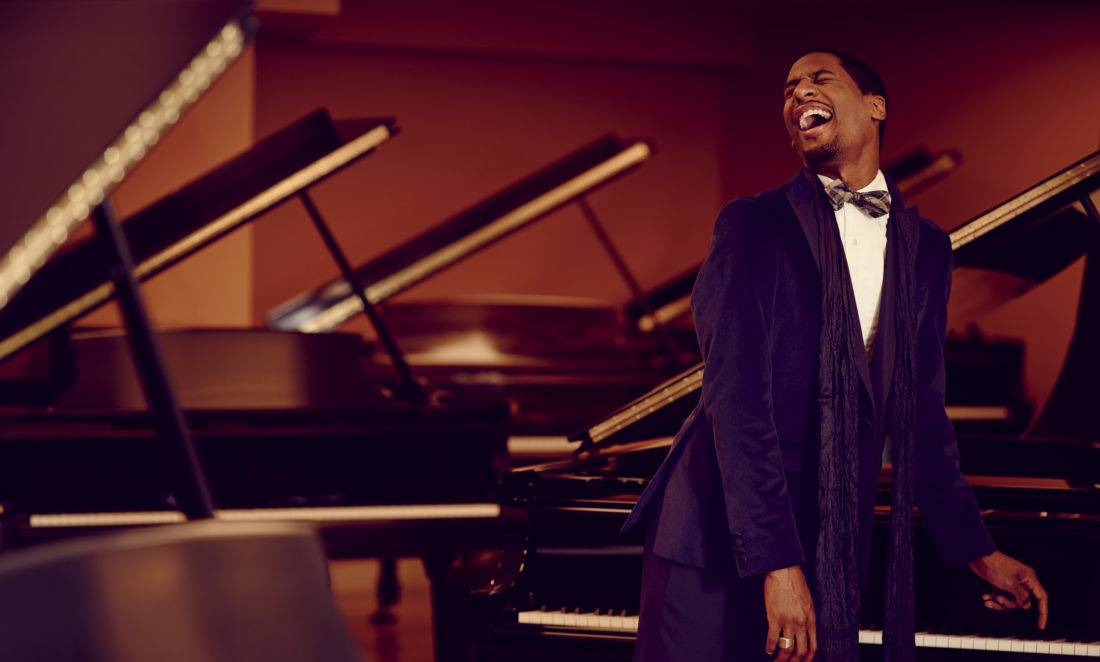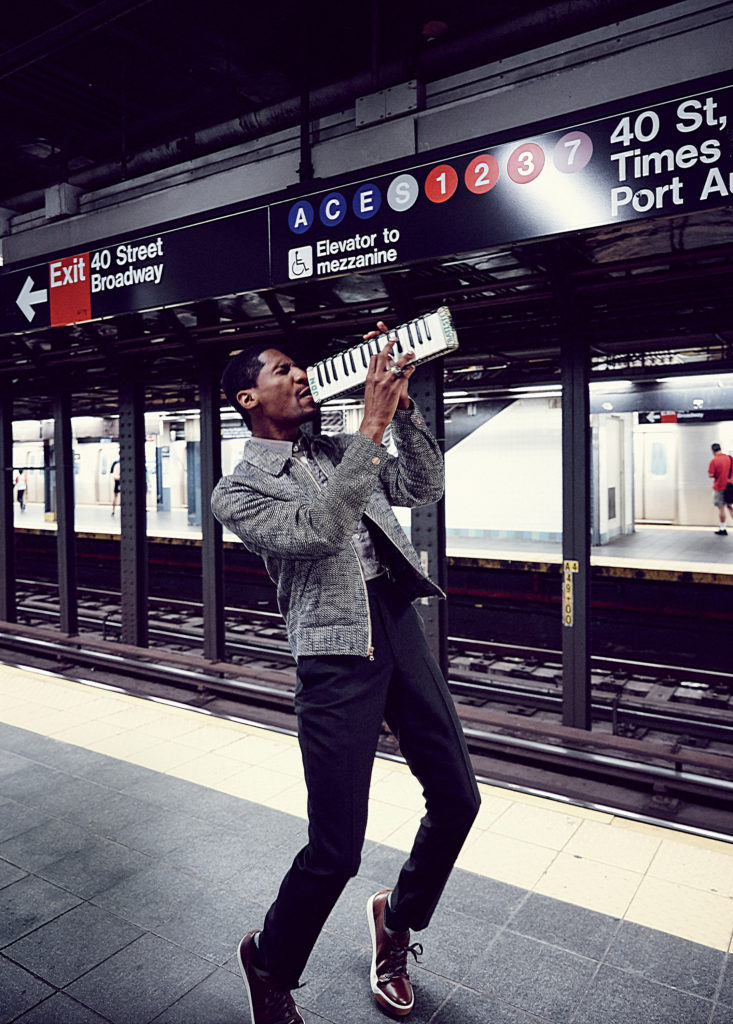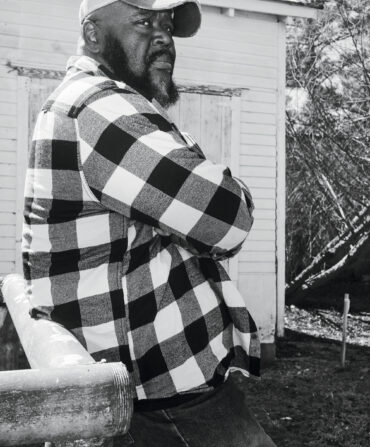Southern Style
Jon Batiste: Playing it Cool

Photo: William Hereford
In July 2014, when Jon Batiste appeared as a musical guest on The Colbert Report, Stephen Colbert’s Comedy Central satire of “news” punditry, he didn’t leave as just another guest. Colbert was so smitten with the raucous performance Batiste and his band Stay Human delivered that he and Batiste kept in touch, talking on and off for several months. And when CBS anointed Colbert as David Letterman’s successor to the Late Show throne, Batiste was on the short list of people Colbert called with the news. The classically trained pianist and Louisiana native now leads the house band for Colbert’s show, which premiered September 8, bringing a huge injection of youthful playfulness to late-night TV.

“Stephen is giving us a lot of freedom,” Batiste says. “I really think about the intent of the music and how I want it to affect people. You put the two of us together, it’s really magnificent.”
Batiste has a fearless streak, and he comes by it naturally. Born in Kenner, a suburb of New Orleans, he started playing music in Big Easy clubs at age eleven. His father is a musician, and his extended family has one of the largest lineages on the city’s music scene (the Wendell Pierce character on HBO’s Treme was a composite of Batiste’s family members). By fifteen, he was playing his own gigs with such contemporaries as Trombone Shorty and Jason Marsalis, and jamming with the elders of the music world at jazz clubs such as Snug Harbor in the French Quarter.

“It was always intimidating to play with the older guys,” he says. “But that was a good thing. I wanted to get that push.” Batiste left Louisiana to study at Juilliard, and though he sat on a piano bench during the day, at night he played more progressive material, adopted the melodica, and, with a few bandmates, started playing in subway cars just for kicks. “We played the 1 line, the L, and the A train,” he recalls fondly. “It was a beautiful convergence of people, people celebrating without borders. It transformed the experience on a train.” Batiste says some cops ended up dancing, but one officer wrote them tickets for busking on the subway. “We stopped playing on the Q train after that,” he says, laughing.








